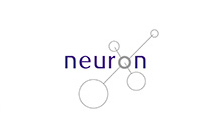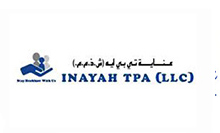SKGH provides non-invasive cardiology evaluation and treatment both in an inpatient and outpatient basis. The department offers an array of diagnostic testing modalities.
The following investigations are regularly done:
Diagnostic tests
Electrocardiogram (ECG) – recording of the electrical waves from the heart to assess the heart rate, rhythm, heart wall thickness and chamber enlargement as well as early detection of heart attacks.
Chest x-ray
To assess heart size and to look for early signs of heart failure.
Holter monitoring
A small walkman size device connected to the chest wall with wires, which records the ECG for 24 hours. This will be analysed by a special computer. The final report shows us the 24 hour pattern of the heart rhythm at work and at rest. The readings are evaluated by our senior consultants.
Ambulatory blood pressure monitoring
A special blood pressure cuff is connected to the patient’s arm which records the blood pressure and pulse rate on a cassette recorder.
Treadmill exercise test
The patient walks on a computerised treadmill at a predetermined speed and gradient. The blood pressure, heart rate and ECG are continuously monitored by the computer during the exercise. This is a sensitive test to detect early signs of heart disease, specially heart attacks or blockage in the coronary arteries. This test is always conducted in the presence of a cardiologist.
Echo doppler test with colour doppler blood flow imaging
Using ultrasound the heart is imaged from various angles. Heart chambers, muscles, valves and blood vessels can all be seen on the video screen and measurements made. Colour blood flow imaging is used to detect all normal and abnormal blood flow patterns inside heart chambers and blood vessels and to measure the velocity of blood flow for precise diagnosis of abnormalities.
Preventative cardiology
Risk factor profiling is done for all patients attending the department. Early detection and treatment of risk factors for heart attacks is the only method of reducing the incidence of death and disability due to heart attacks in the community. Our lipid profile examining facility estimates directly all sub fractions of cholesterol and ApoA1 and ApoB, the carrier proteins for cholesterol. Similarly the serum homocysteine, one of the early correctable risk factors for heart attack and stroke, can be detected.
- The ultrasound of the heart is performed across the esophagus in cases of a specific heart disease; for a detailed examination of the structure of the heart and its vessels.
- Advanced Cardiovascular Tomography at Sheikh Khalifa General Hospital provides accurate and specific information about coronary arteries through coronary angiography using minimal exposure to radiation.



















